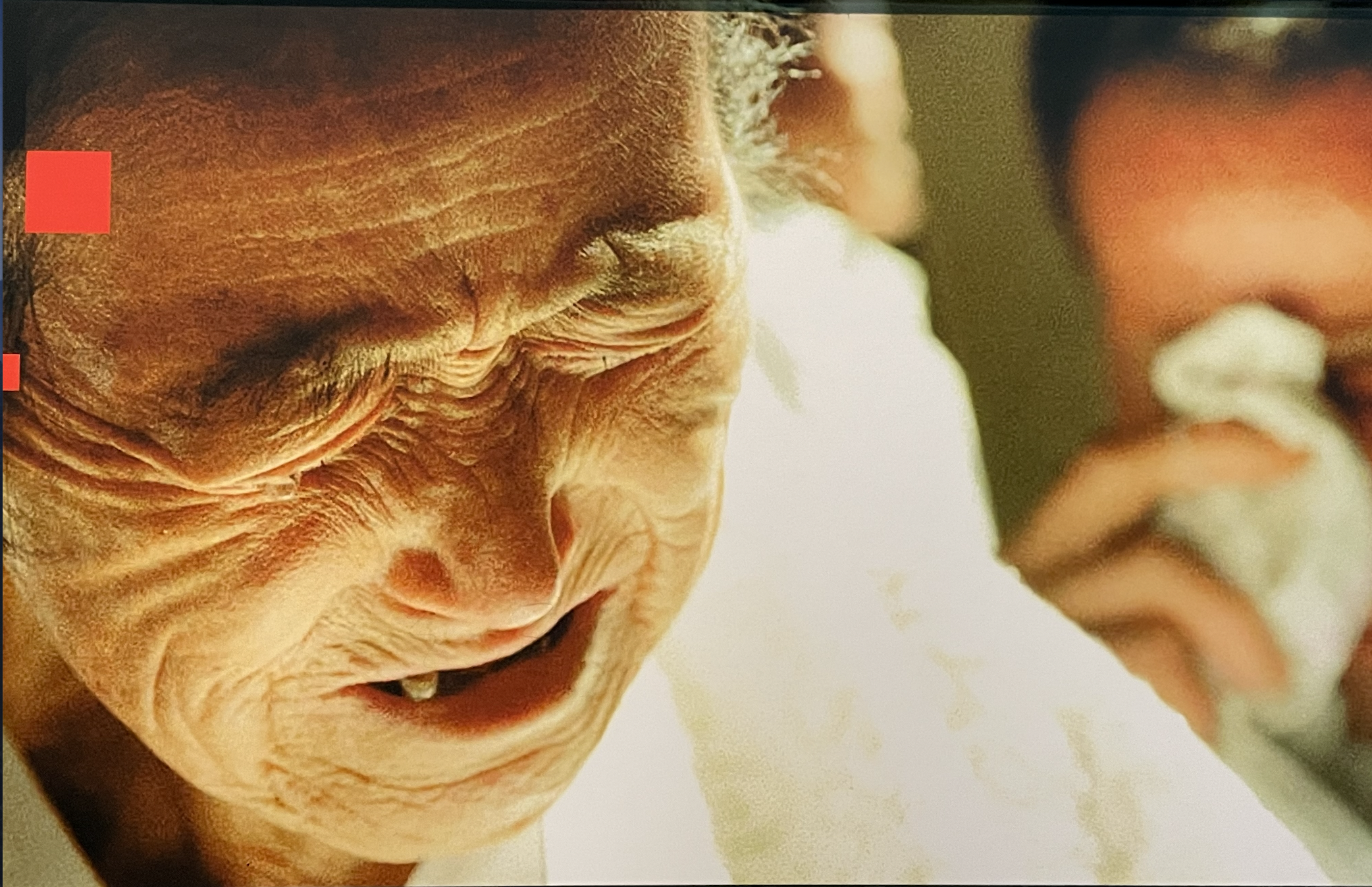70 Years Frozen in War
This Thursday, July 27, 2023, marks the 70th Anniversary of the Korean War Armistice Agreement. When the armistice was signed in 1953, it was designed to “ensure a complete cessation of hostilities and of all acts of armed force in Korea until a final peaceful settlement is achieved” (from the original Armistice Agreement). Unfortunately, over the span of 70 years no final peaceful settlement has been achieved and the demilitarized zone (DMZ), which is meant to serve as a buffer zone between North and South Korea along the 38th Parallel, remains one of the most heavily-defended national borders in the world.
Peace advocates such as Korea Peace Now! and Women Cross DMZ faithfully advocate for an end to the Korean War. The reason being that the armistice is purely a military document. In other words, only a ceasefire has been signed. No agreement has been reached between the governments involved and as a result, country relations have not been normalized. These governments include not only North and South Korea but also the United States as leader of the UN forces during the Korean War.
70 years of war have wreaked havoc on the Korean Peninsula. Estimates from 2.5 million up to 5 million people lost their lives in the war. Entire cities and infrastructure were destroyed. At least 100,000 orphans resulted, and between 25% to 35% of Korean families divided. These separated families remain divided today, most of whom have never seen their loved ones for decades.
Anguish from War and Division
It took years for both the North and the South to recover economically. But even since the war, division on the Korean Peninsula continues to take its toll. Both in North and South Korea, all men are mandated to serve in the military. Subsequently, violence and division live on in the hearts and minds of the Korean peoples.
In light of this frozen state of war, I recently visited the DMZ Museum in Goseong-Gun, Gangwon Province. From its observation point, I could look over into North Korea where the famous Kumgang Mountain lies. Mount Kumgang was once open to South Korean tourists as relations between the North and the South improved in the late 1990’s. Starting in 1998, South Korean tourists were allowed to travel by cruise ship and then later more frequently by bus. Roads were constructed that connected the two countries for this joint Tourist Region. Approximately 240,000 tourists visited the mountain every year for about ten years. Then on July 11, 2008, a South Korean tourist entered a militarized zone and failed to follow orders to stop. She was consequently shot, and all tourism to the North was banned as a result.
Having spent over ten years in North Korea, I have visited Kumkang Mountain several times. It is a beautiful mountain known for its rocky peaks and three major waterfalls. From the DMZ observatory, I could recognize a few of these peaks in the distance.
DMZ Observation Point at Goseong-Gun, Gangwon Province
What surprised me most about the tour along the DMZ was our last visit to a “Train for Unification and Peace”. This virtual train ride was created in 2021 to educate the youth of South Korea. As an educational experience, it starts with a virtual train ticket and destination to either Paris, London, or Moscow. The main destination, though, is Pyongyang- the capital city of North Korea.
Once aboard the train, tourists take a virtual trip into Pyongyang with real footage from the city and its citizens, welcoming South Koreans to their country. Tourists then experience live performances from actors simulating North Korean dialect and dress. They sing welcome songs and introduce food delicacies from Pyongyang. North Korea is portrayed through a positive, inviting atmosphere where both North and South Koreans can interact without any fear from hostility or hesitation in the midst of division.
Virtual Train Ride into Pyongyang, North Korea
The virtual train ride ends with a worldwide tour through Asia all the way to Moscow and then on to Europe. It promotes inclusion and not exclusion, peace instead of conflict. Just knowing that the young generation of South Koreans are being taught these values gives me hope.
Peace must begin with a willingness to forgive and heal from the pain and trauma from war. Only through forgiveness is reconciliation possible. And only when reconciliation occurs at both a heart and a national level will peace be achievable. Despite the horrors from the past 70 years and the fact that the Korean War has never ended, there is still hope. As attitudes shift and new perspectives are born within the next generation of Koreans, peace on the Korean Peninsula will be achievable.


